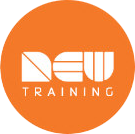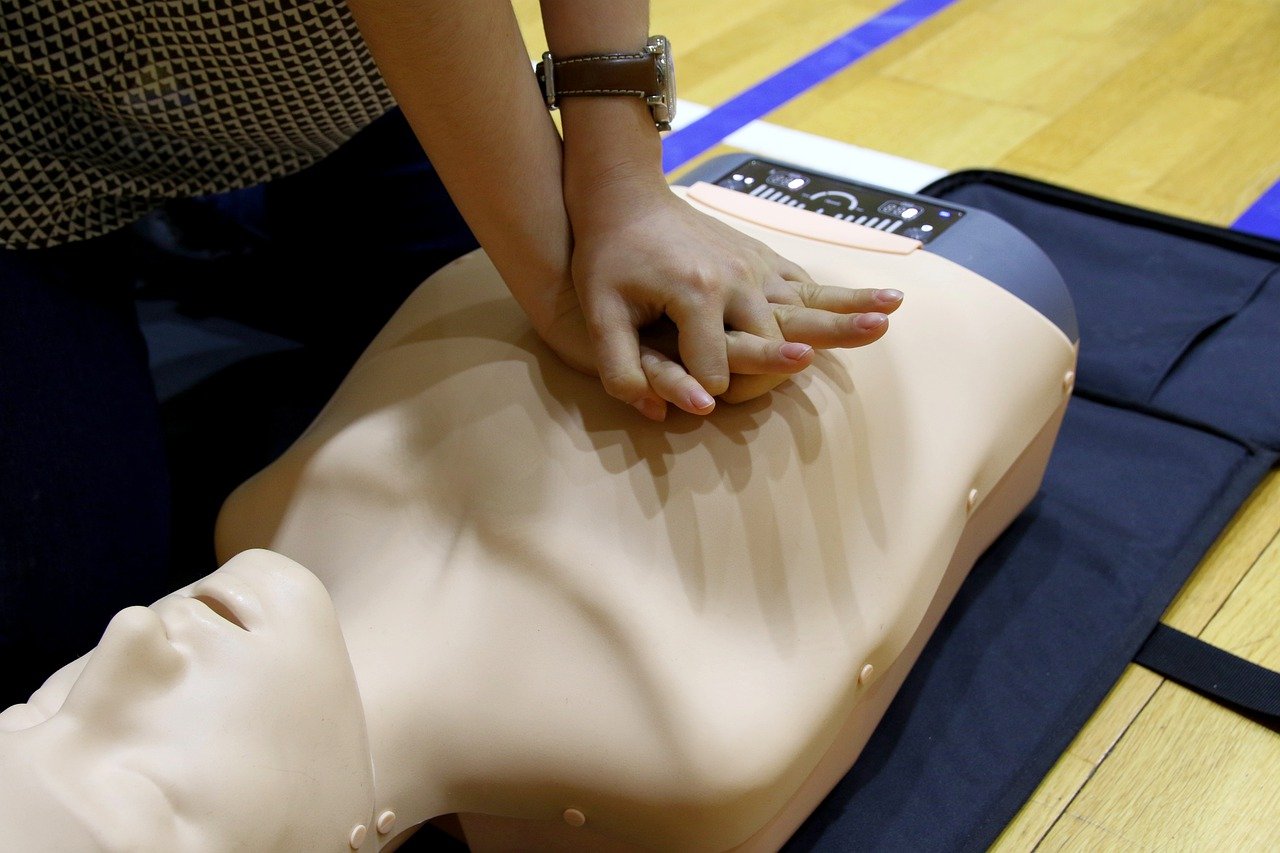Keeping to our heart theme for this week, we promised you some advice on dealing with First Aid situations. All of us are familiar with the term CPR but how many of us know what is it, why we do it or even how to do it?
according to the British Heart Foundation only one third of cardiac arrest victims actually receive CPR, and this is mainly due to a lack of First Aid training, knowledge and above all, confidence.
CPR
CPR is the acronym for cardio pulmonary resuscitation. This is the action you need to take when the heart stops. Unless someone starts CPR within a few minutes permanent damage can be caused to the brain and other major organs as the oxygenated blood is no longer being pumped around the body, and this can, of course, lead to death.
If you suspect your casualty has gone into cardiac arrest check for breathing. If you cannot hear normal breathing you must call 999 or 112 then start CPR.
Clasp your hands together. Keep your knuckles upwards facing your chest and lock your elbows. Push down on the centre of the chest about 5-6cm. Push hard and fast, 100-120 beats per minute. This is what we call "hands only" CPR. This is to be used when you have not been trained to give rescue breaths. Keep going and don’t stop until the emergency services arrive.
Trained First Aiders should give full CPR to include rescue breaths.
For further information on our training courses please see our First Aid courses.






